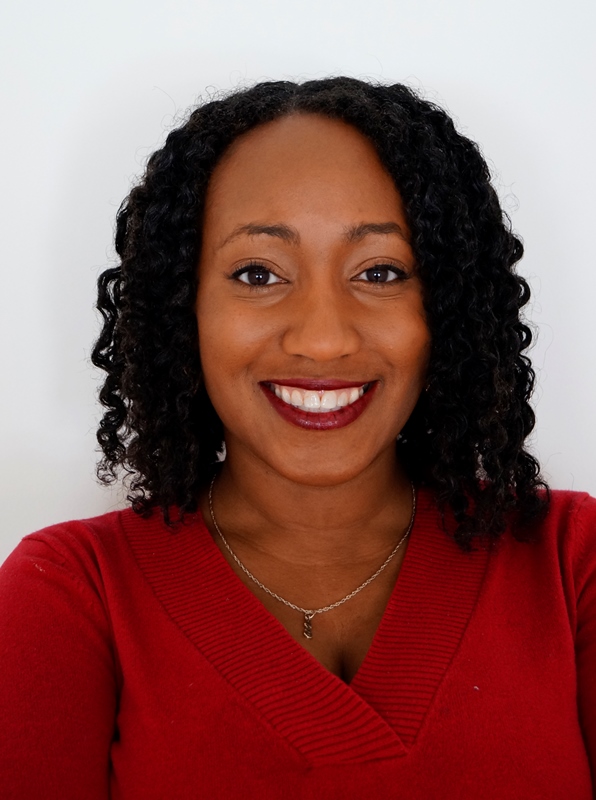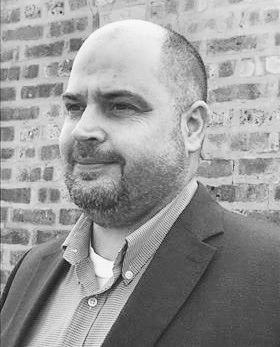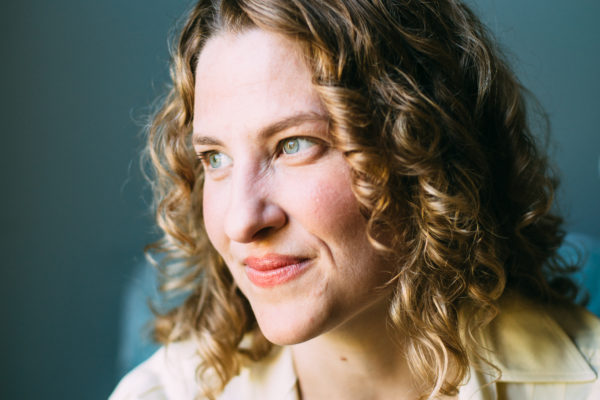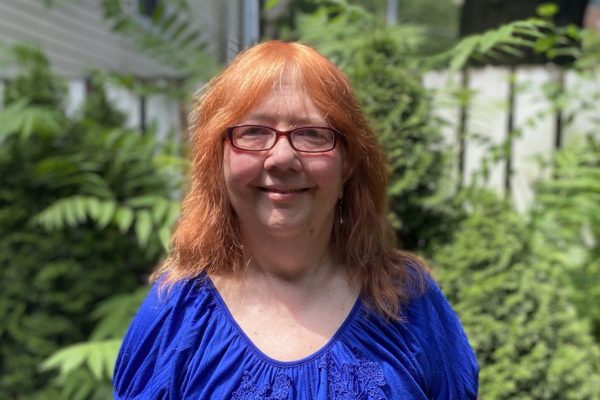Amina Gautier, Ph.D., is the author of three award-winning short story collections: At-Risk, Now We Will Be Happy, and The Loss of All Lost Things. At-Risk was awarded the Flannery O’Connor Award; Now We Will Be Happy was awarded the Prairie Schooner Book Prize in Fiction; The Loss of All Lost Things was awarded the Elixir Press Award in Fiction. More than one hundred and fifteen of her stories have been published, appearing in Agni, Blackbird, Boston Review, Callaloo, Glimmer Train, Hypertext, Kenyon Review, Latino Book Review, Mississippi Review, Prairie Schooner, Quarterly West, and Southern Review among other places. For her body of work she has received the Chicago Public Library Foundation’s 21st Century Award and PEN/MALAMUD Award for Excellence in the Short Story.
What’s your name?
Amina Gautier
What have you written?
I’ve published one hundred and twenty short stories, thirty-six of which can be found in my three short story collections At-Risk, Now We Will Be Happy, and The Loss of All Lost Things.
When do you write?
Whenever I know I will have more than two uninterrupted days in row.
Describe your writing routine.
I prefer to begin writing shortly after awakening and to continue writing until I’m too sleepy to continue (with food breaks in between). I don’t like to start and stop or constantly disrupt my concentration. I like a good six to eight hours of writing time, perhaps more, which affords me the opportunity to focus and delve deep. When I’m writing, I silence my phone and put it in a different room and I don’t check email. I’ll only use the internet to look something up when I’m writing.
What do you listen to while you’re writing?
Nothing.
What are your tools?
A computer, subject-ruled spiral notebooks, lined notecards, neon book tags, black and blue pens, #2 pencils, electric pencil sharpeners, dry erase boards, cork boards with pushpins, yellow highlighters, black and red sharpie markers, and as many flat surfaces/low tables as I can find. Recently, I’ve also been using butcher paper.
What do you do when you get stuck?
I’ve never been stuck. I only believe in doing things that are fun and enjoyable for a living and writing is fun for me and just as I’ve never gotten stuck while having fun, I’ve never been stuck while writing. I write for the pleasure of writing so I don’t have any set time-related goal in mind as to how long I think it should take me to complete a piece. I do get bored, though, so I always write multiple things at a time, which is probably what prevents me from getting stuck. In the twenty years that I’ve been publishing fiction, I’ve never had writers block. There’s nothing wrong with laying down a story when you temporarily lose interest in it to take up something else that excites you. Then when you return to the first piece, you’ll be bringing the excitement from the other piece to it and seeing it with new and fresh eyes.
Do you do pre-writing or pre-planning?
No. I can always tell when a book has been planned to within an inch of its life because it reads as flat and didactic. I write to discover, so if I already know what I am going to find before I even start, then why would I bother to embark upon a project of artistic discovery? I do, however, often handwrite snippets of fiction in a spiral notebook, which I later transcribe into various documents to be waiting for me when I’m ready to return to them and turn them into a story. I’m not sure if others would call that “pre-writing.” I simply call that writing and I’ll often add to a Word document here and there over a few months or years until I’m ready to shape what I have into a story.
Where do you write?
I never work in my university office because I don’t like distractions and interruptions, so I either write in my home offices or in a writing studio at an artist’s residency. What matters to me most about the space is that it be brightly lit. I’m the person who is always asking for extra lamps or light fixtures at the residency because I like steady and bright light. Many residencies rely upon natural light and they give you really nice studios with desks in front of huge windows, but the thing with natural light is that it’s always moving. That’s not a big deal when I’m composing at the computer, but I also like to work with actual paper, so when I’m writing by hand in my notebook, or revising a hard copy I’ve printed, I have to chase the light across the table, moving my pages up and down and to the right or left because of the different shadows the sun casts on the page. That drives me nuts. It also matters to me that it be a space in which I can make noise. I don’t have time to play music while I write because I’m too busy reading the work out loud, trying out dialogue to hear how it sounds, and shaping the sound of my sentences.
Any rituals or superstitions?
I don’t believe in writing rituals or superstitions. I learned early on not to believe in or wait for a muse. Writers write, singers sing, painters paint, and dancers dance. If I need a convoluted ritual to prepare to do something that I claim I have a fervent desire to do, then perhaps I need to rethink whether that’s what I really want to do. I don’t adopt any rituals because, to me, that suggests that I am relying on something else (a ritual, a charm, a song, a stuffed animal etc.) to make me write. The only one who can make me write is me. Although I don’t rely on rituals or superstitions, I should mention that I frequently take a Yoda bobblehead doll or plush figure with me to writing residencies. I don’t rely on him for good luck or rub his head or anything like that. He is simply a visual reminder of his Empire Strikes Back adage “Try not. Do or do not. There is no try.” It’s a mantra I’ve been telling myself since 1980 when I first heard him say it and it’s one I hold dear. I’m a pretty straightforward gal and I don’t like a lot of whining and complaining. I’m like do it or don’t do it. Either way, shut up about it.
What’s the craziest thing you’ve done to get out of a stuck cycle?
I don’t know; I’ve never been stuck, but I’m not afraid to do crazy things in the name of good writing.
What is the best book you’ve read lately?
Most of the books I’ve recently read were books I judged in contests, so I’m not really at liberty to say, but I did just reread Toni Morrison’s Beloved for a piece I’m writing and I’ve always considered that novel to be one of the best, richest, and most complex novels out there.
What are you looking forward to?
I’m looking forward to the end of the pandemic, a new political climate, and the continuing hope that art and writing give during these times.




